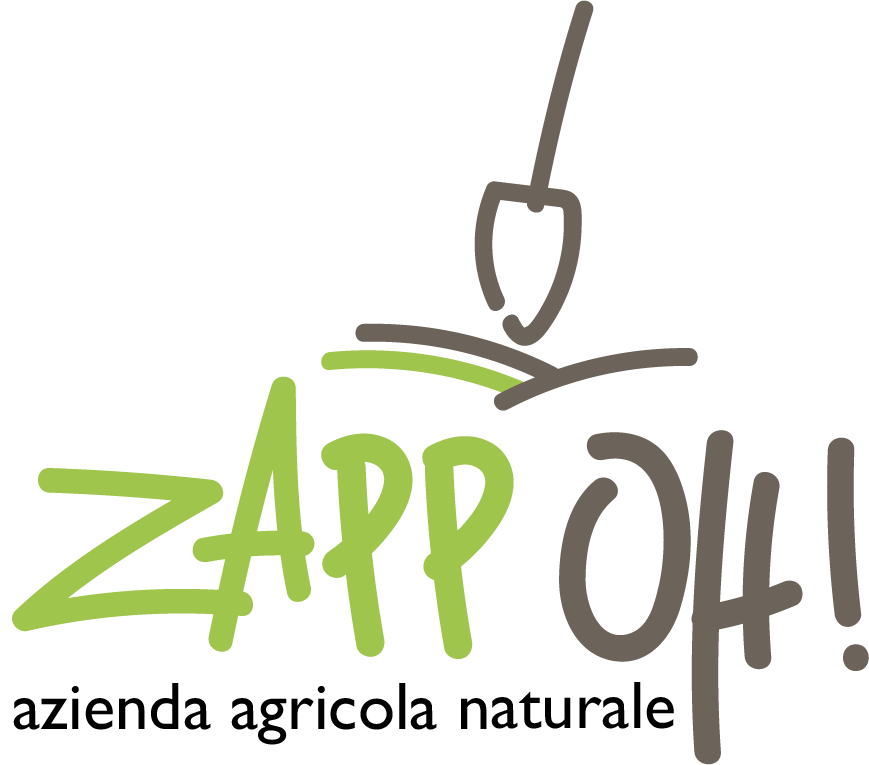Zappoh! is a farm where, according to the principles of natural farming, we grow the purest saffron: 100% italian, it is produced in an artisanal way, without chemicals of any kind.
Our land is at the foot of Monte Ocre, in the district of L’Aquila, far away from industrial areas and busy road arteries: a gorgeous place, with a rich and fascinating history.
Zappoh! was born out of our love for this place, our need of beauty and nature, our search for meaning and purpose: the one you can get from work – any work – done carefully and with conscience.
(It has something to do, also, with both of us having peasant origins: our not-too-ancient ancestors were women and men who, for generations, lived off the land.
Had they been able to choose, it’s very likely they would have done anything else but this.
After doing anything but that, at some point in our life, we were able to choose – and this is also because of those women and men.
So, without indulging too much in rethoric, Zappoh! is also our way to pay homage to them).

